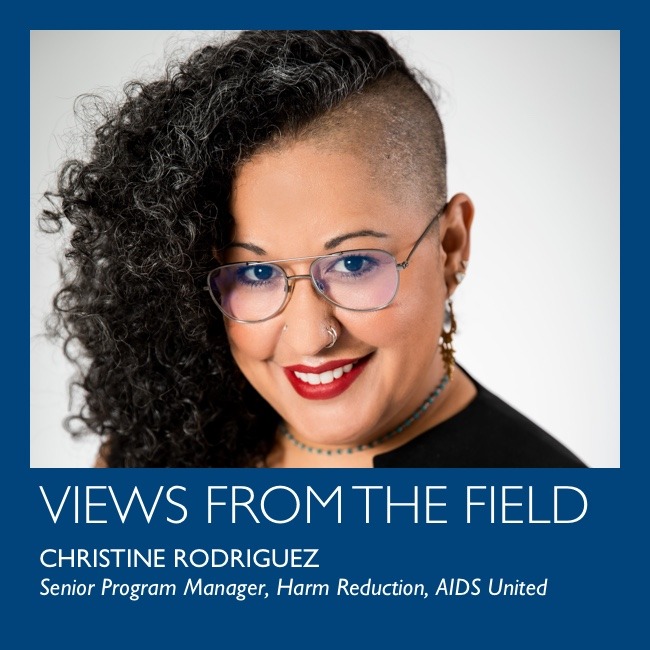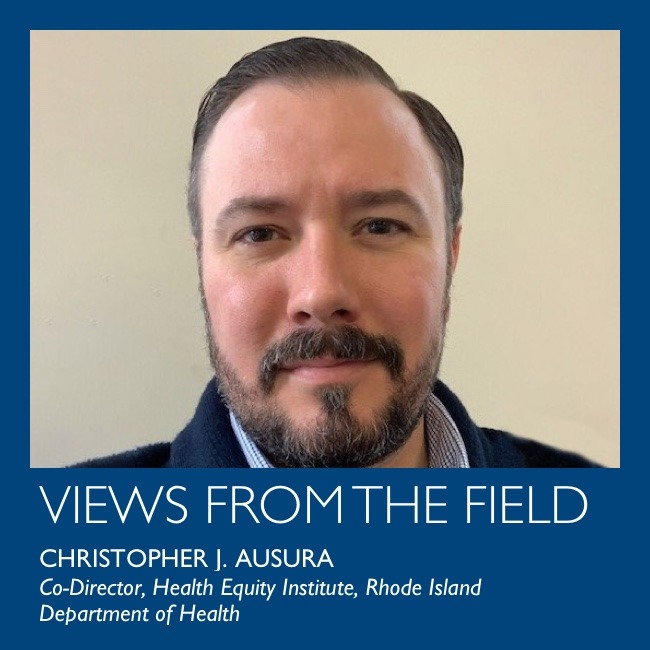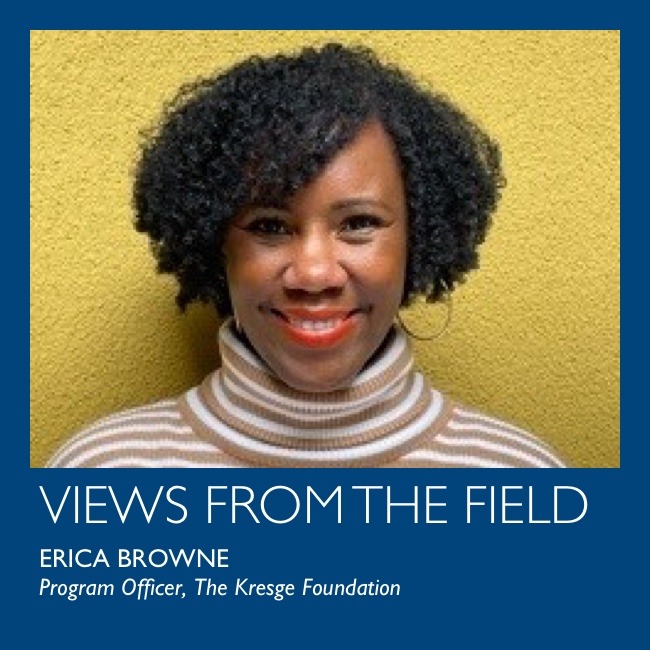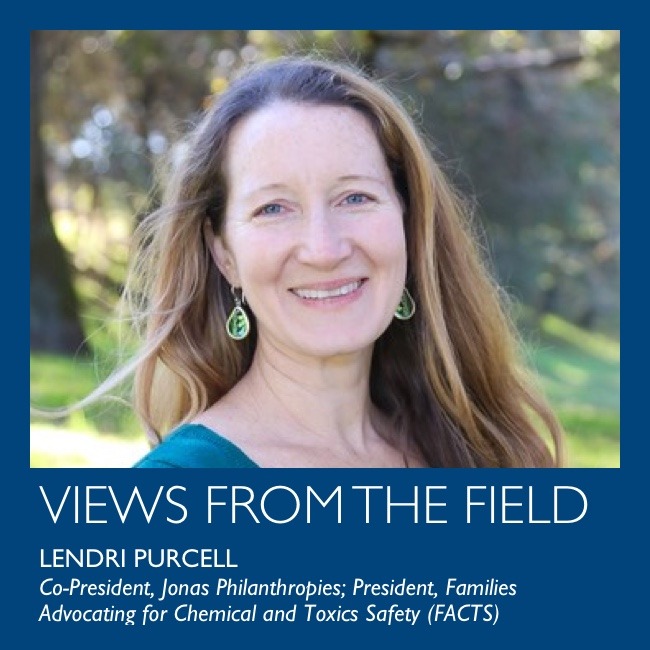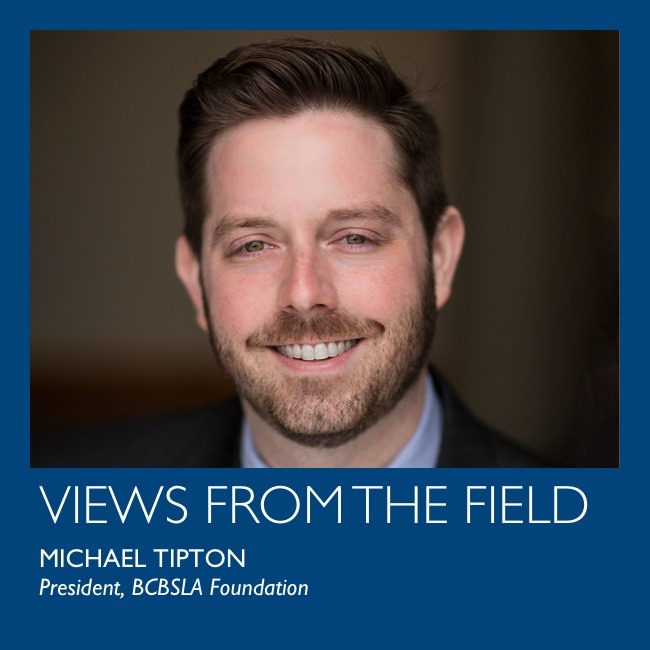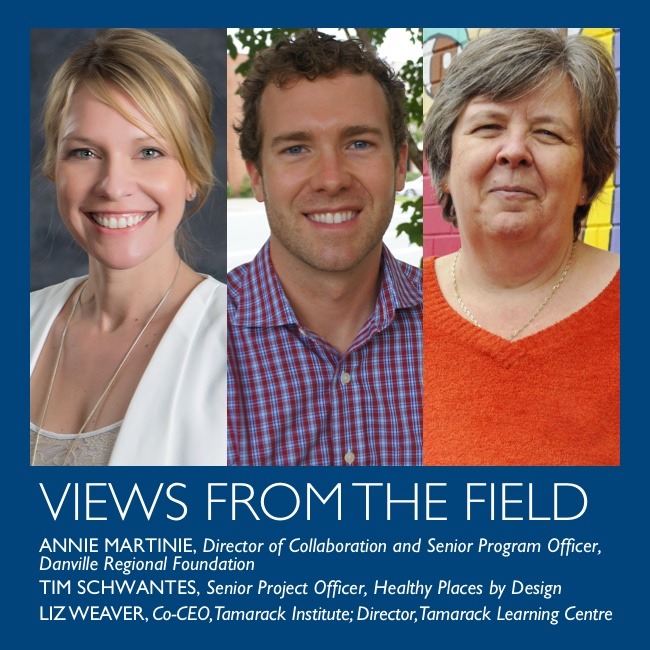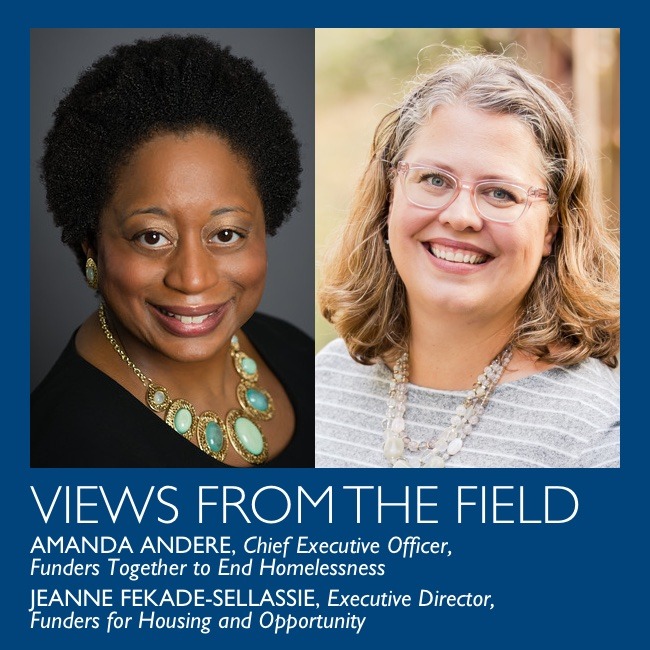Lessons from a Long Season of Disaster Response
By the time this article is published, we’ll be marking several anniversaries of devastating natural disasters in Louisiana, all of which arrived late in summer. Hurricanes Katrina and Rita infamously decimated the Southern Louisiana area in 2005. Fifteen years later, in the span of just two consecutive summers, Hurricanes Laura, Delta, Zeta, and Ida battered a weary state still mired in the thick of COVID-19.
Activating the Potential of Residents to Lead Community Transformation, Collaboratively
In 2019, the Virginia-based Danville Regional Foundation (DRF) set a new strategic vision—to help more people believe in the transformation of the region and embrace their role in achieving it. A region formerly dominated by tobacco and textiles, the Dan River Region has made great strides toward reinvention. DRF recognized that increasing collaboration and building the civic capacity of the region would be critical to its economic transformation.



